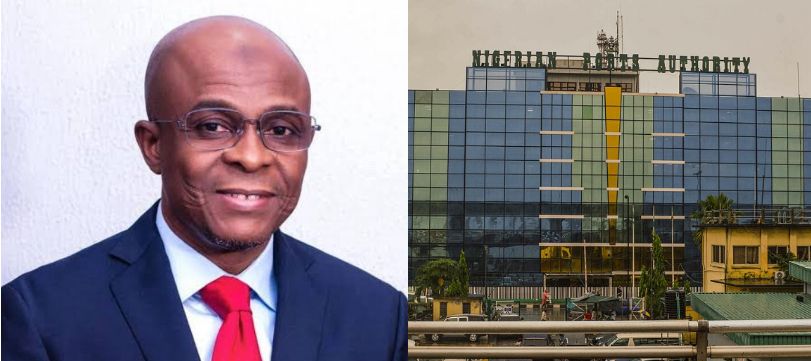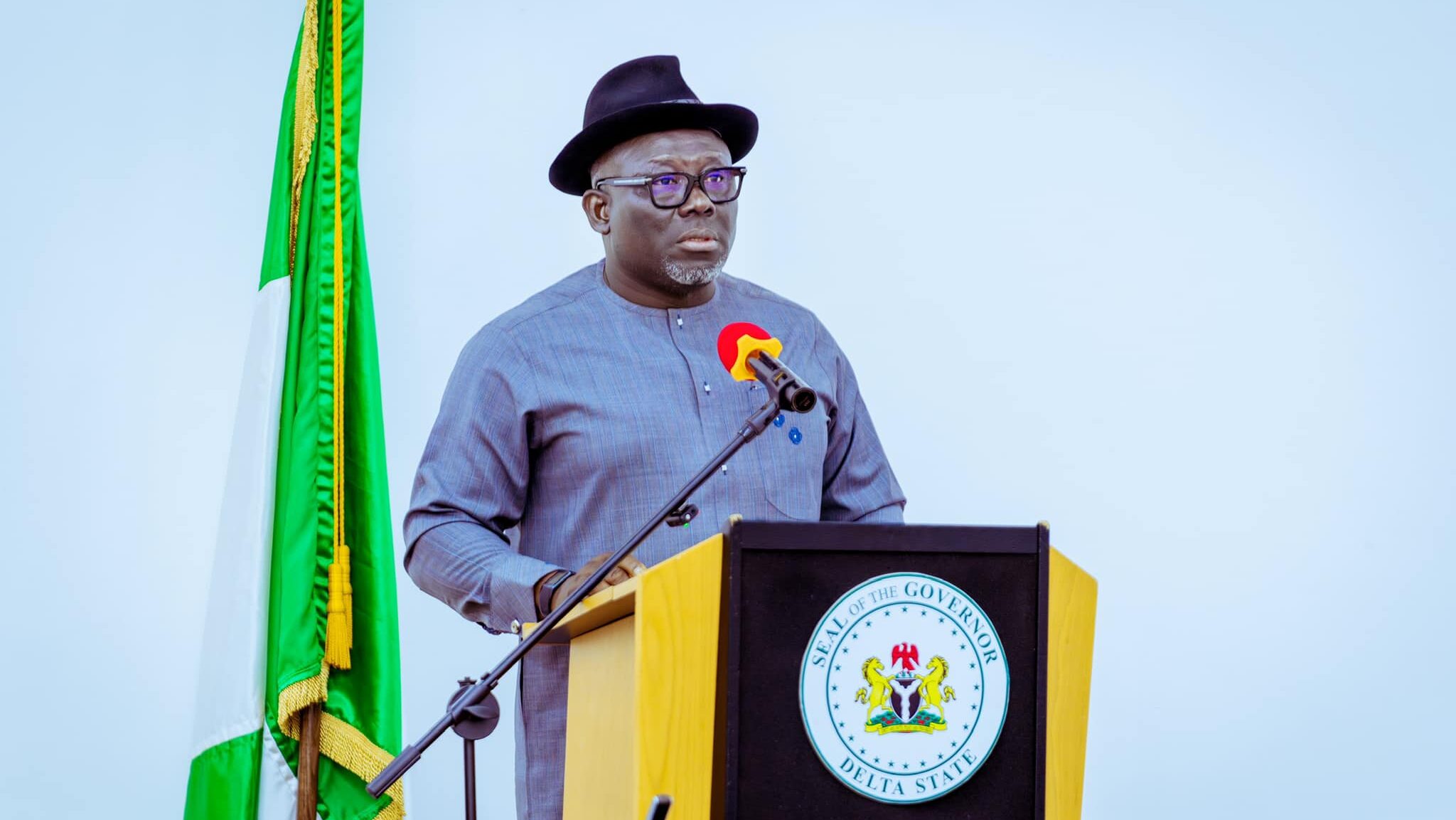•Decry lack of consultation by FG, urge senate to halt deliberations
•Insist ongoing move will undermine progress in power sector
Emmanuel Addeh in Abuja
Nigeria’s subnational governments have demanded an immediate halt to the ongoing amendment of the recently passed Electricity Act (EA), arguing that if the move succeeds, it will see the transfer of over N5 trillion in subsidies from the federal government to power consumers.
Coming under the Forum of Commissioners of Power and Energy (FOCPEN), the states decried what they described as the lack of consultation by the federal government and the industry regulator, the Nigerian Electricity Regulatory Commission (NERC), concerning the extant matter.
In a lengthy statement released by the Chairman of the Forum, Eka Williams, who doubles as the Commissioner of Power and Renewable Energy, Cross River State and its Secretary, Omale Omale, who is the Commissioner of Power, Renewable Energy and Transport, Benue State, the group expressed profound surprise and concern regarding the proposed Electricity Act (Amendment) Bill, 2025.
The ‘unexpected’ legislative move, it said, comes barely two years after the landmark Electricity Act 2023 was signed into law, and a period during which many states have only just begun to establish and operationalise their electricity markets under the new decentralised framework.
With more than 16 states having passed their electricity laws since the enactment of the Electricity Act by President Bola Tinubu, the Nigerian subnational governments argued that the amendment if successful will strip them of the powers confered by the existing law.
“The amendment bill proposes the creation of numerous federal institutions, agencies and Funds, whose operational and administrative costs are to be directly passed on to electricity consumers, thus resulting in higher electricity tariffs for consumers. The imposition of additional financial burden on electricity customers already struggling with high electricity tariffs for Band ‘A’ service is unacceptable, especially when states are actively pursuing cost-reflective tariffs tied to improved quality of service.
“In addition, the bill specifies mandatory contributions from consumers and market participants to fund the Power Consumer Assistance Fund (PCAF). Consumers, including those in states with cost-reflective tariffs, would bear the cost of subsidies through tariff surcharges, even in the face of widespread non-payment and market losses. By this provision, the amendment bill would also transfer over N5 trillion in unpaid subsidies to electricity consumers, worsening affordability and equity in electricity access,” the commissioners argued.
FOCPEN noted with dismay the absence of any prior consultations with state governments, or their relevant commissioners and state electricity regulatory bodies during the drafting and presentation of the crucial amendment bill on the floor of the senate.
According to the commissioners, the unilateral approach undermines the spirit of cooperative federalism and threatens to reverse the gains made in decentralising Nigeria’s electricity sector.
Describing it as an unconstitutional overreach and backdoor constitutional amendment, the governors maintained that the federal government was seeking to reintroduce constraints and ambiguities that were expressly removed by the fifth alteration of the Constitution.
In addition, they argued that several provisions of the amendment bill egregiously violate foundational principles of true constitutional federalism, and threaten the successful implementation of a decentralised electricity market.
Notably, the subnational governments pointed out that the planned amendment subordinates state laws to federal provisions, even within intra-state electricity markets and imposes rigid timelines and conditions on states, effectively allowing the Nigerian Electricity Regulatory Commission (NERC) to retain overriding authority, even in areas where states have exclusive jurisdiction.
“The amendment bill, if passed, will create a constitutional conflict between the federal government and states, as well as legal and regulatory conflicts between federal and state regulators, undermining the principle of cooperative federalism and potentially inviting judicial challenges,” they emphasised.
Besides, the state governments maintained that the electricity amendment bill 2025 surprisingly seeks to entrench a subsidy regime in the power sector, arguing that it will further exacerbate the financial burden on the federal government and states, undermining efforts to achieve a sustainable and self-financing power sector.
In the same vein, the states stressed that the amendment bill, if passed, will create policy, legal and regulatory conflicts between federal and state agencies/regulators, significantly increasing regulatory uncertainty and risks for both federal and state-level investors in the electricity market.
“The bill seeks to bestow upon NERC an overriding regulatory jurisdiction over electricity distribution, electricity distribution tariff design and implementation, and consumer protection within state electricity markets and centralise the regulation and enforcement of technical standards within states electricity markets under the NEMSA.
“These provisions contravene sections 13 and 14 of the second schedule of the 1999 Constitution (as amended) and undermine the constitutional powers of States’ Legislatures to make laws for electricity distribution within their territories,” the states maintained.
They affirmed: “The total lack of engagement and consultation with states, who are now primary drivers of electricity sector development, in the drafting of this amendment bill is a serious concern. Effective and sustainable reforms require collaborative efforts between federal and subnational governments.
“The amendment bill threatens to dismantle the progress and positive reforms initiated by the Electricity Act 2023, which has been widely hailed as a pivotal step towards a more reliable and efficient power sector. This untimely amendment risks undermining President Bola Ahmed Tinubu’s key policy achievements in the energy sector.”
Noting that Electricity is a concurrent legislative matter under the 1999 constitution, the forum advocated that any future considerations for an amendment of the Electricity Act 2023, must be preceded by broad-based consultation and collaboration with state governments to ensure that federal legislation complements, rather than undermines nascent state electricity markets.
“FOCPEN firmly believes that this is not the opportune time for an amendment to the Electricity Act 2023, as the Act is still in its early implementation phase. In addition, several states have commenced the process to operationalise their electricity laws and create viable state electricity markets. In this regard, the forum calls on the National Assembly to halt further consideration of the bill,” the states demanded.




